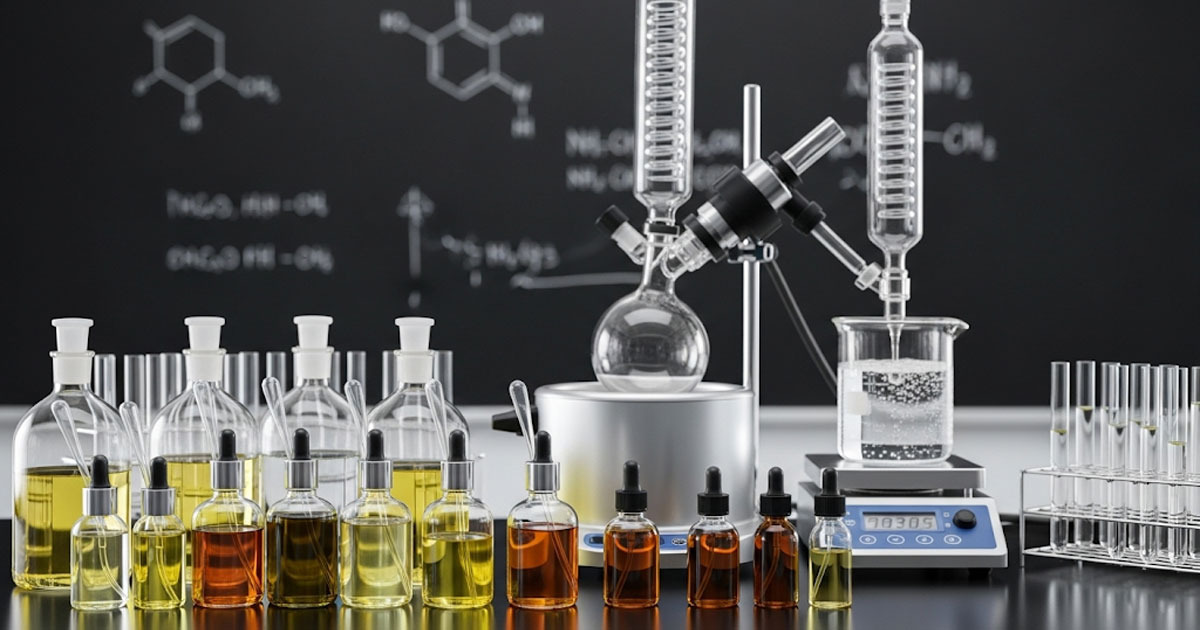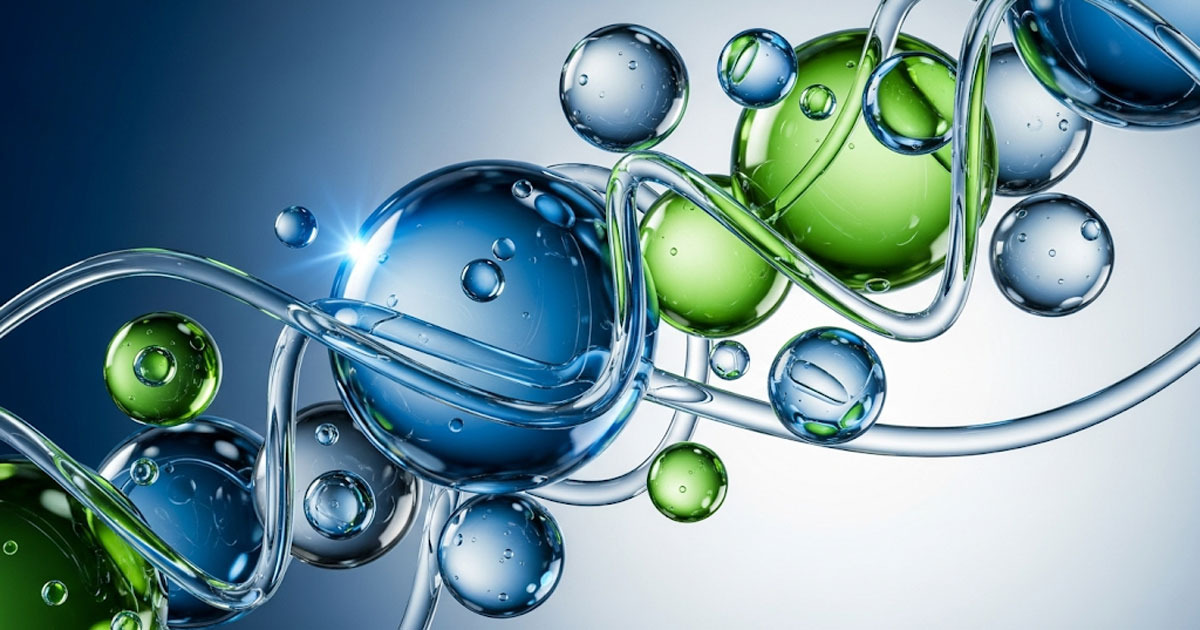The Role of Certification in the Hygiene Product Supply Chain
In the B2B hygiene industry, certifications are more than badges of credibility they are foundational to trust, compliance, and access to global markets. Commercial hygiene product suppliers are responsible for delivering goods that meet stringent safety and efficacy standards across diverse sectors, including healthcare, hospitality, and food processing.
As buyers become increasingly risk-averse, holding verifiable certifications is no longer optional but a strategic necessity. Certifications ensure that hygiene products such as hand wash, dish wash, surface disinfectants, and industrial cleaning agents are manufactured under controlled, repeatable processes.
These endorsements cover quality control systems, environmental impact, workplace safety, and even ethical sourcing. Suppliers without the proper documentation face limited procurement opportunities and increased scrutiny from both regulators and clients.
In this context, understanding and acquiring the right certifications can dramatically influence a company’s market reach and reputation. Below is a breakdown of the most crucial certifications commercial hygiene product suppliers must pursue to stay competitive and compliant.
ISO 9001: The Cornerstone of Quality Management
Why ISO 9001 Matters
ISO 9001 is the globally recognized standard for quality management systems (QMS). For hygiene product manufacturers, this certification demonstrates a systematic approach to process improvement, customer satisfaction, and regulatory compliance. It evaluates everything from production protocols to complaint resolution.
Certification Process and Impact
To obtain ISO 9001, companies undergo a rigorous audit conducted by accredited bodies. The certification is valid for three years, with annual surveillance audits to ensure continued compliance. Achieving ISO 9001 is often a prerequisite in supplier selection processes, particularly for international B2B contracts.
Benefits for Hygiene Product Suppliers
The benefits are manifold: enhanced operational efficiency, reduced waste, and stronger supplier-customer relationships. Additionally, ISO 9001-certified companies are better positioned to integrate other compliance frameworks such as ISO 14001 or ISO 45001, creating a broader compliance ecosystem.
Good Manufacturing Practices (GMP) and Product Integrity
Ensuring Consistent and Safe Outputs
Good Manufacturing Practices (GMP) certification focuses specifically on the hygiene and safety of manufacturing processes. It is critical for suppliers producing consumable hygiene products like hand sanitizers or dishwashing liquids that come into contact with skin or food surfaces.
GMP in the Hygiene Industry
For the hygiene sector, GMP compliance covers raw material sourcing, cross-contamination control, proper labeling, and traceability. Authorities such as the U.S. FDA and the European Medicines Agency often mandate GMP for certain categories of hygiene-related products.
Enhancing Client Confidence
Clients in sectors like healthcare or food services often demand GMP-certified suppliers as a non-negotiable requirement. This certification minimizes product recall risks and reinforces customer confidence in product safety and consistency.
ISO 14001: Environmental Responsibility in Manufacturing
A Sustainable Approach
ISO 14001 addresses the environmental aspects of production, encouraging companies to manage waste, reduce emissions, and conserve resources. In an era where corporate sustainability is under scrutiny, hygiene product suppliers are expected to align their operations with eco-conscious standards.
Certification Requirements
ISO 14001 certification involves setting environmental objectives, implementing an environmental management system (EMS), and undergoing external audits. It complements other standards by fostering holistic operational responsibility.
Market Advantages
Environmentally certified suppliers are more attractive to eco-conscious B2B buyers and government procurement programs that include sustainability as a scoring criterion. This is particularly important for large-scale tenders or multinational client contracts.
Additional Regional and Industry-Specific Certifications
Halal, NSF, and REACH Compliance
Depending on the target market and end-user needs, suppliers may require additional certifications. Halal certification is crucial in predominantly Muslim regions, confirming products are free from prohibited substances.
NSF (National Sanitation Foundation) certification is essential for food-contact surface cleaners, ensuring compliance with strict public health standards. For suppliers targeting the European market, REACH (Registration, Evaluation, Authorization and Restriction of Chemicals) compliance is mandatory for chemicals used in formulations.




